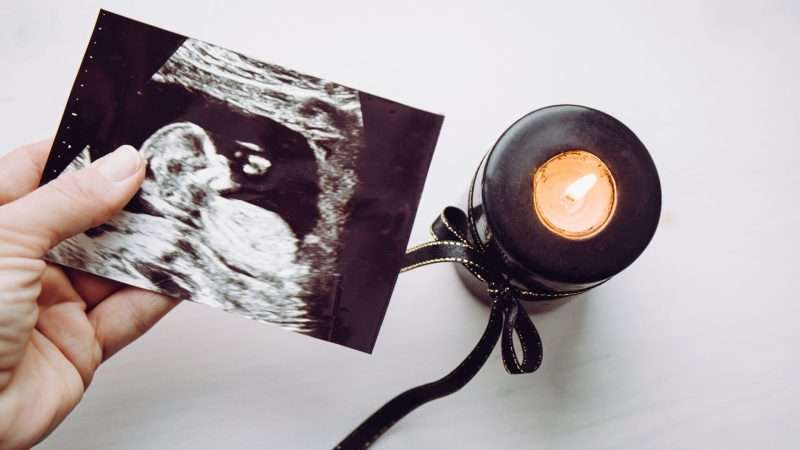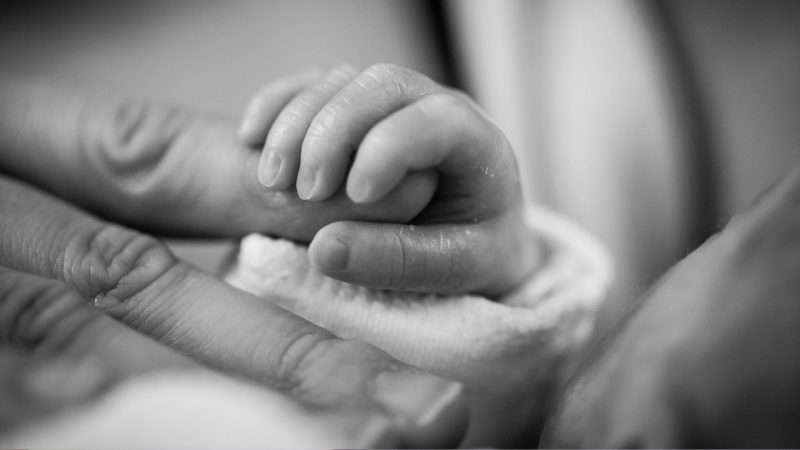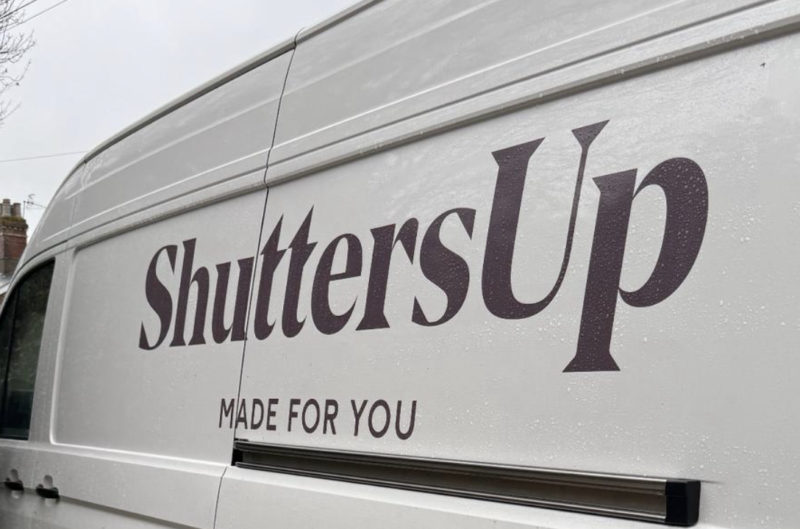Tommy’s, the babyloss charity, reports that one in four pregnancies end in loss, either during the nine months or at birth. Stillbirth and miscarriage are more common than you would think, given how little they are talked about in the media. But, given this shocking statistic, the chances are that someone in your family, workplace or friendship group will have experienced the loss of a pregnancy. So, what babyloss support can you give to someone going through this tragic event?
We have produced a guide to offer tips for broaching the subject with people you know. Of course, they might not want to talk. And that’s fine. But being there for them when they need you is important.
Babyloss support tips
Show empathy
Show as much empathy as you can if they want to talk. Listen to them and validate their feelings. Even if you have no concept of how they feel, hear what they are saying and show them you are listening and understanding what they are saying.
A late miscarriage is one which happens between 14-24 weeks of pregnancy, and is less common than early-stage miscarriage, occurring in an estimated 1-2% of pregnancies. We don’t always know why these miscarriages happen. It could be for a multitude of reasons, and the sad thing for expectant parents is that they may never know the definitive cause. This can lead to confusion and frustration, and that is why your empathetic ear is important.
Take care with ‘helpful’ comments
Friends and family may try to comfort someone who’s lost a baby with well-meaning but sometimes way off-the-mark ‘helpful’ comments. So it’s crucial to be very careful about what you say when offering babyloss support. Try not to make assumptions, and avoid comments like: ‘Don’t worry, you can have another baby’, ‘Don’t worry, you can try again’, or, ‘You were only 20 weeks pregnant’.
They may seem positive, but your friend is mourning the loss of a person, and the fact they had not been born does not mean that they were not an important part of their parents’ life already. The baby can never be ‘replaced’. They may have a brother or sister, but they will always have a presence in the parents’ hearts.
It is tough when you do not know what to say, but try and think through comments first.
Be mindful of terminology
Connected to the previous point, remember this is the parents’ child, and it can be very important to talk about it as such. Address the baby as their baby, and if the baby has a name, then use it. Be very careful of the words you use.
Be there for them
Instead of offering up platitudes, it is better to simply let them know that you are there for them and allow them to come to you when they are ready. If they want to sit in silence, that’s fine as well. Let them take the lead. Only they know what they need in terms of babyloss support.

Remember both parents
It is sometimes the case that dads are forgotten when it comes to miscarriage and stillbirth. As if it is only the mum who suffers. Make sure that you check in on both parents and allow them both to come to you separately or together. Some dads find that the care from the hospital is particularly mum-focused, so it might be that the dad needs additional support from their friendship group.
Remember everyone grieves differently
Loss and grief is experienced differently by everyone. It’s important to let people do things their way and at their own pace. Don’t judge the way that someone deals with babyloss; it may be different from how you would, but we are all different.
Offer practical help if you can
Babyloss support can also mean aiding them in other ways. If you are close with the parents, offer practical help if you feel they may welcome it. This could mean getting someone’s groceries for them because they don’t feel they can face getting dressed and going out. You could also clean their house, deal with their admin or anything else that will make their lives easier at a challenging time.










